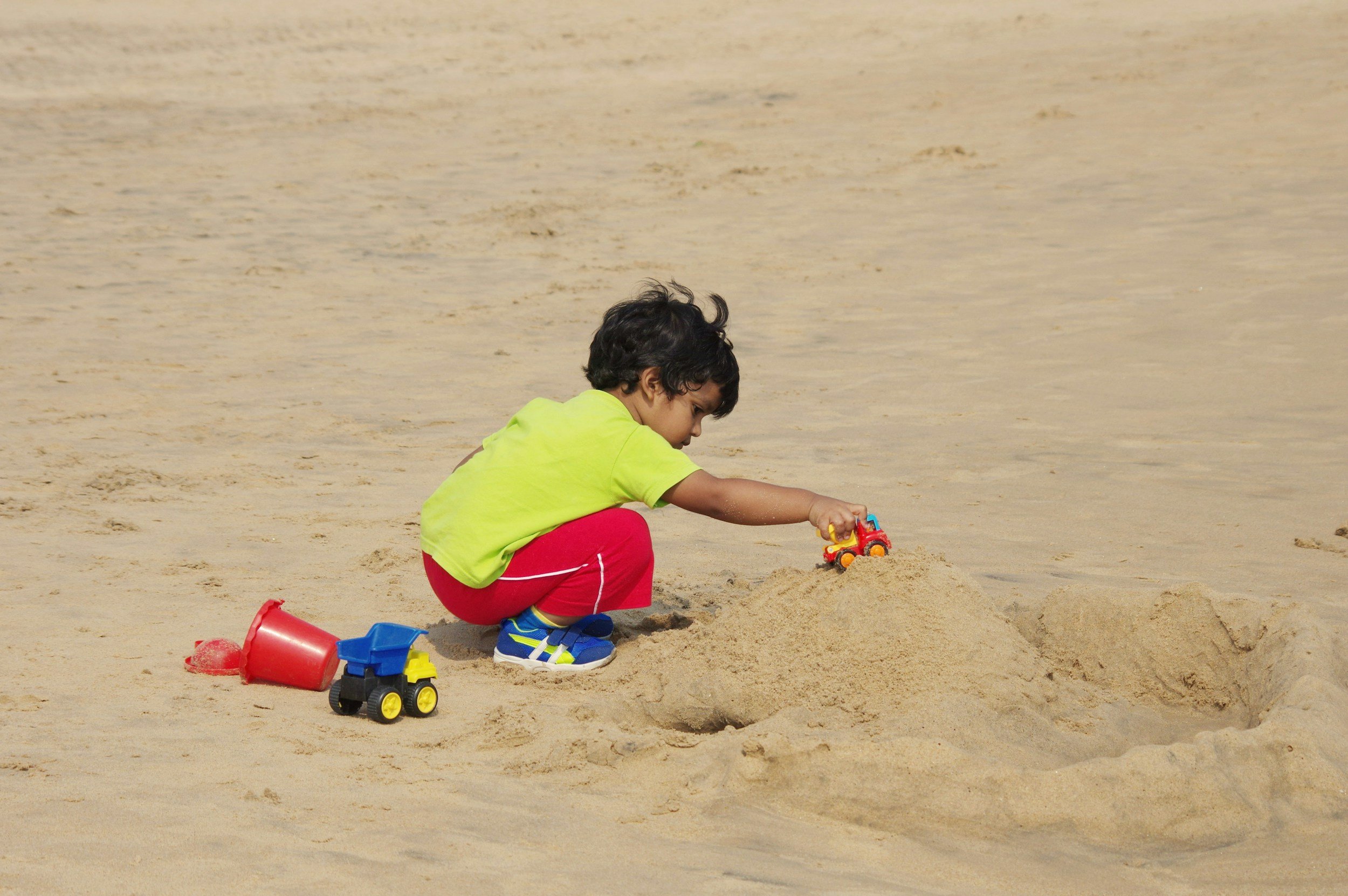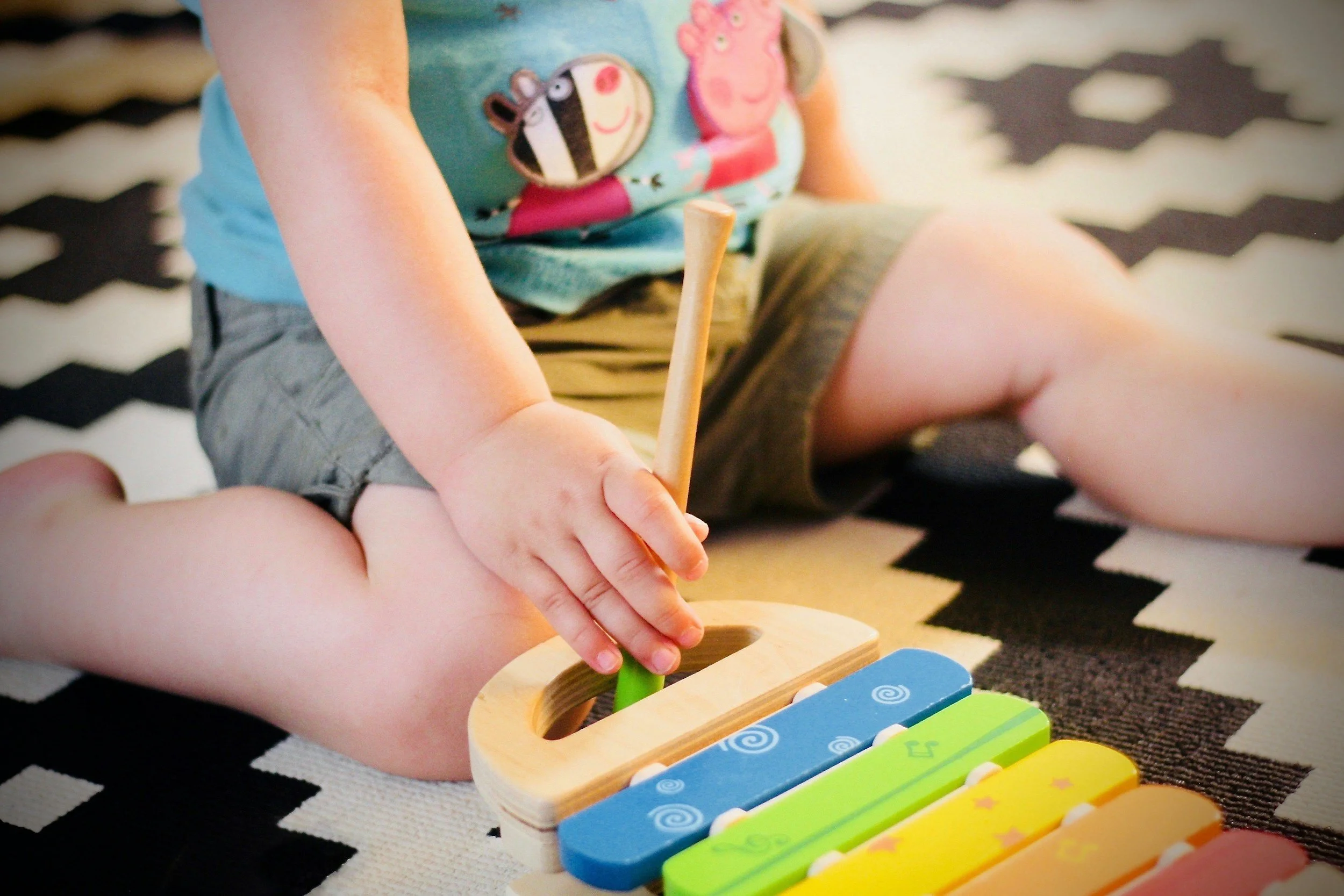Key Developmental Milestones for Ages 12-36 Months
Your child will achieve essential speech and language developmental milestones between ages 12-36 months. Parents often wonder “What should I be teaching my child at this age?” This is where a Speech Language Pathologist can become an invaluable tool for you as a parent. We often think about a toddler learning the ABCs, or counting to ten, however in this article I will explain why placing an emphasis on social language skills is more essential for a child’s overall development and growth.
.What are Social Language Skills, and Why are they Important?
Social language skills are crucial for a child's overall development. They encompass a wide range of abilities such as turn-taking in conversation, using words to request objects or help, commenting, staying on topic, and using greetings and farewells. These skills are foundational for effective communication and social interaction.
Focusing on social language skills from an early age can significantly impact your child's ability to interact with others. An easy and effective way to practice these skills is through play. By acting out various scenarios with dolls, animals, action figures, or stuffed animals, children can practice and internalize these important social language skills, increasing the likelihood of using them in real-life situations.
Physical Development Milestones
Physical development during the ages of 12-36 months includes significant milestones such as walking, running, jumping, and climbing. Fine motor skills also develop, allowing children to grasp objects, use utensils, and manipulate small items.
Encouraging physical activity through play and exploration is essential. Activities like playing with building blocks, drawing with crayons, and engaging in outdoor play can help children develop both gross and fine motor skills.
Cognitive Development and Problem-Solving Skills
Cognitive development between the ages of 12-36 months includes the ability to think, understand, and solve problems. Children begin to recognize shapes and colors, understand cause and effect, and develop memory and attention span.
Providing opportunities for problem-solving through age-appropriate puzzles, interactive games, and exploration can stimulate cognitive growth. Encouraging curiosity and offering challenges that require thinking and planning can help enhance these skills.
Emotional and Social Development
Emotional and social development is another key area of growth during early childhood. Children start to express a range of emotions, form attachments, and develop a sense of self. They learn to take turns, share, and interact with peers and adults.
Parents can support emotional and social development by providing a nurturing and responsive environment. Encouraging positive interactions, modeling appropriate behavior, and teaching empathy and understanding can help children navigate their emotional and social worlds.
Encouraging Play-Based Learning
Play-based learning is a powerful tool for fostering development in young children. Through play, children can explore their environment, experiment with new ideas, and practice important skills in a natural and enjoyable way.
Creating a rich play environment with a variety of toys, books, and materials can stimulate imagination and creativity. Allowing children the freedom to play and discover at their own pace encourages independent learning and supports overall developmental growth.
A speech therapist can help to guide parents by providing targeted interventions that support your child's communication abilities. They can assess your child's current language skills, identify any delays or disorders, and create a personalized therapy plan to enhance their speech and language development. Through engaging activities and exercises, a speech therapist can teach your child how to effectively express themselves, understand others, and develop crucial social language skills that are vital for their overall growth and future success.





